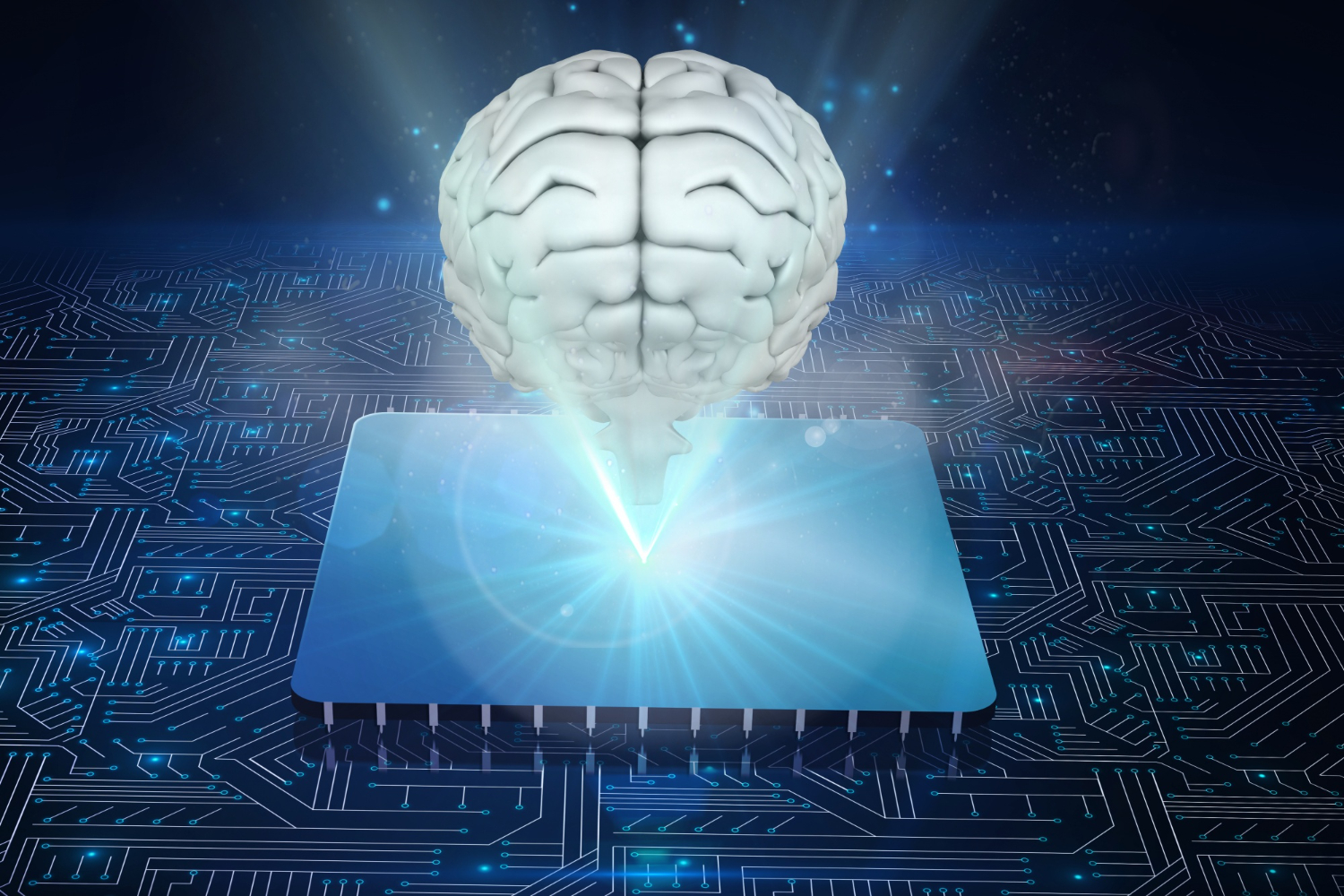The creator of ChatGPT believes the future is already being written. In a text with oracular tones, he describes the advent of a world transformed by AI: an Age of Intelligence. Behind this rhetoric, there is a plan. To convince investors while OpenAI is not yet profitable, Altman is taking a risk: a prophecy without a business plan
Imagine this: no more climate change, colonies in space; no more mystery, no more unknowns, no more obstacles. Life beyond all limits—planetary, climatic, cognitive. For Sam Altman, founder of OpenAI, this is not a dream but a prophecy: the arrival of an “Age of Intelligence” in which what human societies can achieve will be within the bounds of what today is magic.
The recipe is well known. It is a bewilderingly simple function: the more the algorithm is fed, the more precise it becomes. Essentially, what Sam Altman is explaining is that the Age of Intelligence, despite some small details to be polished, is within our reach if we enable mass adoption of AI.
But this vision of the future—presented literally as such—has a very real context: OpenAI faces a profitability problem.
For several weeks, Altman has been proposing to international economic players a plan to finance his new era, the details of which remain secret, but it is known to require an initial investment of at least several trillion dollars.
Criticized by TSMC executives who labeled him a “podcasting bro,” the new project of OpenAI’s founder seems to worry Washington. By planning the construction of dozens of new data centers with massive funding from Gulf States, is the creator of ChatGPT posing a threat to U.S. national security?
The pitch could be summarized like this: the technology to change the world exists; it can only improve society if it is significantly enhanced; but to improve the algorithm, a scale effect and infrastructure are necessary; for that, funding is required.
Beyond the Investor Sales Brochure, the Main Argument of This Text, we cannot understand the astonishing foundations of Sam Altman’s thinking without reading his writings and remembering that, for him, the truth of AI is Moore’s Law extended to everything.
In the coming decades, we will be capable of doing things that would have seemed like magic to our grandparents.
This is not a new phenomenon, but it is about to accelerate. Over time, human capabilities have increased considerably; today, we can already do things that our predecessors would have considered impossible.
This increase in our abilities is not due to genetic mutation. It has been possible because we benefit from society’s infrastructure, which is much smarter and more capable than any one of us. Society itself, in the broadest sense, is a form of advanced intelligence. Our grandparents and the generations before them built and achieved great things. They helped construct the scaffolding of human progress from which we all benefit. AI will give people the tools to solve difficult problems and help us reinforce that scaffolding with new pieces that we would not have been able to find on our own. The story of progress will continue, and our children will be able to do things we cannot.
It will not happen all at once. But soon we will be able to work with AI that helps us achieve much more than we could have without it; one day, everyone will be able to have a personal AI team made up of virtual experts in different fields, working together to create almost anything we can imagine. Our children will have virtual tutors capable of providing personalized education in any subject, in any language, and at any pace. It is up to us to imagine similar ideas to improve health, the ability to create all kinds of imaginable software, and much more.
With these new capabilities, we will be able to create shared prosperity to a degree that today seems unimaginable; in the future, everyone’s life can be better than it is now. Although prosperity itself does not necessarily make people happy—there are many unhappy rich people—it would significantly improve people’s lives worldwide.
Here is a rather limited way of looking at human history: after thousands of years of scientific discoveries and technological advances, we have found a way to fuse sand, add some impure elements, arrange it with astonishing precision at an extraordinarily small scale to manufacture chips, run energy through it, and obtain systems capable of creating increasingly powerful artificial intelligences.
This could become the most important event in history to date. We might have superintelligence in a few thousand days (!!); it might take longer, but I am convinced we will get there.
How have we reached the threshold of the next leap forward in prosperity?
In two words: deep learning.
In short: deep learning has worked, it has predictably improved as it has scaled, and we have devoted more and more resources to it.
It’s that simple. Humanity has discovered an algorithm truly capable of learning any data distribution or, better said, the “rules” underlying any data distribution. With a surprising degree of accuracy, the more computations and data available, the better the algorithm can help people solve difficult problems. It seems to me that no matter how long I think about it, I never fully grasp the full importance of this matter.
There are still many details to resolve. But it would be a mistake to get distracted by a specific challenge. Deep learning works and we will solve the remaining problems. There is much to say about what might happen next. The main thing is that AI will improve as it scales, which will bring significant improvements to the lives of people around the world.
AI models will soon serve as autonomous personal assistants performing specific tasks on our behalf, such as coordinating healthcare. A time will come when AI systems will be so powerful that they will help us improve next-generation systems and make scientific advances in all fields.
Technology has taken us from the Stone Age to the birth of agriculture and then to the industrial era. From there, the path to the Age of Intelligence is paved with computation, energy, and human will.
If we want to make AI accessible to as many people as possible, we need to reduce the cost of computation and make it abundant, which requires a lot of energy and chips. In other words, if we don’t build enough infrastructure, AI will be a very limited resource that will be subject to wars and will mainly become a tool for the rich.
So we must act prudently but also with conviction. The arrival of the Age of Intelligence is a momentous event that brings very complex challenges and extremely high stakes. History will not be entirely positive, but the potential is so enormous that we need, now and in the future, to find ways to manage the risks we face.
The future is so bright that no one will do it justice trying to write it now; a defining feature of the Age of Intelligence will be massive prosperity.
Although this will be achieved gradually, astonishing triumphs—solving the climate issue, establishing a colony in space, and discovering all physics—will eventually become commonplace. With almost unlimited intelligence and abundant energy—the capacity to generate great ideas and the possibility of making them real—we can do many things.
As we have seen with other technologies, there will also be downsides, and we must start working now to maximize the benefits of AI and minimize its drawbacks. For example, we expect this technology to drive significant changes in labor markets, both positively and negatively, in the coming years. But most jobs will change more slowly than we think, and I am not worried that we will run out of things to do, even though what we do in the future may not resemble what we now consider “real jobs.” People have an innate desire to create and to be useful to others. And AI will allow us to expand our own capabilities like never before. As a society, we will once again be in an expanding world and will be able to focus again on positive-sum games.
Many of the jobs we do today would have been considered insignificant wastes of time by people a few hundred years ago. Yet no one looks back and wishes they had been a lamplighter. If a lamplighter could see today’s world, they would think the prosperity around them is unimaginable. If we could fast forward a hundred years from today, the prosperity surrounding us would seem just as unimaginable.






0 Comments